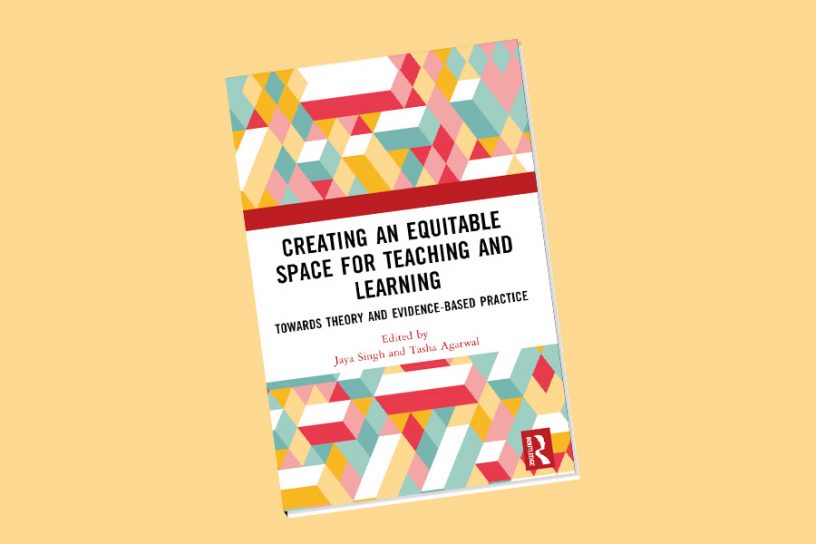
This chapter will review the issues and challenges in the Indian education system that build on the insights from the observed enquires about the policy and practice gaps of learner-centred education.
Authors
Bagesh Kumar, National Institute of Educational Planning and Administration (NIEPA), New Delhi, India.
Manika Bora, Assistant Professor, Jindal Global Law School, O.P. Jindal Global University, Sonipat, Haryana, India.
Summary
Education has both instrumental and intrinsic value for the individual and society through labour market outcomes, civic and democratic participation, health and other outcomes of well-being (Drèze & Sen, 2002). However, beyond its instrumental end education has also been crucial to propagation of ideas of social change, equality and justice. In the realm of educational philosophy and pedagogy, learner-centred education has been recognised for its contribution to development of critical reasoning among students. Educational policies formulated by the state are reflective of this role played by the learner-centred education and has found mention in policy documents (NPE, 1986; RTE, 2009; NEP, 2020).
Inasmuch as educational inequalities in a society reflect the hierarchies and practices of discrimination, any move towards a pedagogical reform needs to remain alert to these inequalities. More specifically, the learner-centred paradigm should remain animated to the question of who is the learner? Arguably, learners will be placed centre stage in the teaching learning practices in a classroom characterised by the learner-centred education.
It is in this context that the current chapter attempts to explore and examine the learner-centred education for the socially disadvantaged students. However, given the hierarchical relationship between teacher and student it becomes difficult to reach out to the students with diverse needs based on their social, cultural and cognitive skills (Hodkinson & Devarakonda, 2011; Giffard-Lindsay & Consortium for Research on Educational Access, Transitions and Equity (CREATE) 2007; Singal & Rouse, 2003). This chapter will review the issues and challenges in the Indian education system that build on the insights from the observed enquires about the policy and practice gaps of learner-centred education.
Published in: Creating an Equitable Space for Teaching and Learning: Towards Theory and Evidence-based Practice, Pages 30 – 42
To read the full chapter, please click here.


